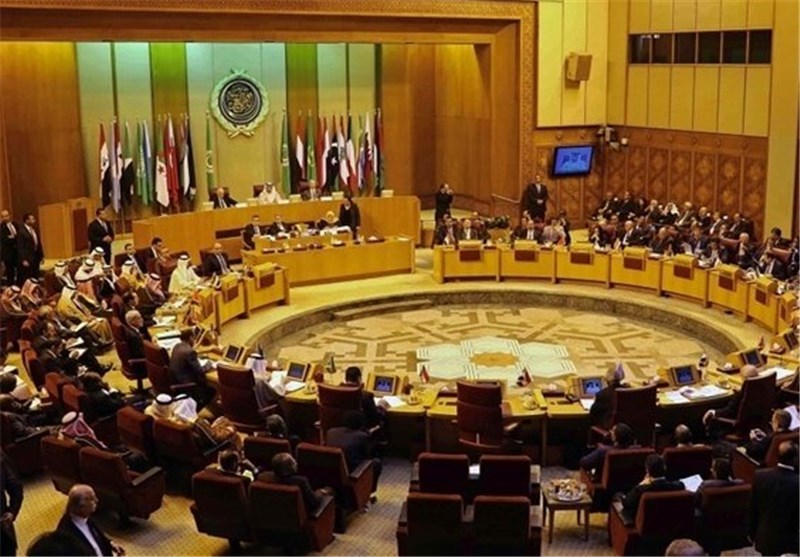
RNA - During a short visit to Kuwait on Monday, Qatar’s Foreign Minister Sheikh Mohammad bin Abdulrahman Al Thani delivered Doha's official response to the emir of Kuwait, who has been meditating the dispute.
No details have been disclosed yet but Qatari officials had earlier asserted that the so-called list of demands was "made to be rejected."
Meanwhile, speaking in a joint press conference on Monday with his German counterpart, Saudi Foreign Minister Adel Al-Jubeir reiterated that Qatar's reply will be examined with precision.
“We look forward to receiving Qatar’s response to the demands in order to study it thoroughly before taking stances,” Al-Jubeir said. “The aim of the measures taken against Qatar is to change its policies that harm it, the countries of the region and other nations of the world,” he added.
Cracks in Persian Gulf Cooperation Council
In an interview with Press TV, Alexander Azadgan, a senior geopolitical analyst, described the crisis over Qatar as part of "cracks in the Persian Gulf Cooperation Council".
“Saudi Arabia feels quite threatened by Iran and of course Qatar is part of that. Because they lost the war and the narrative in Iraq and Syria and hopefully soon in Yemen we see all these kinds of cracks in (P)GCC,” Azadgan noted.
The analyst also stressed that Saudi Arabia is trying to play a hegemonic role in the Middle East region with the support of the United States. He cautioned that the continuation of this policy on the side of Riyadh would lead to the collapse of the alliance Saudis have formed among the Arab states of the Persian Gulf.
“Saudis are trying to play a hegemonic role. They erroneously think that they can play the role that Iran played in the pre-revolution years and the demands that it is imposing on its neighbors is quite ridiculous. I am hoping that the Qataris would come to their sense and would go a separate way and would send a strong message to (P)GCC that more of these countries could separate from this horrible coalition," Azadgan underlined.
The unprecedented crisis in the Persian Gulf region unfolded on June 5, when Saudi Arabia, Bahrain, the United Arab Emirates (UAE) and Egypt cut ties with Qatar, officially accusing it of "sponsoring terrorism" and destabilizing the region. Doha, however, has slammed the measures as unjustified, saying they are based on false claims and assumptions.
847/940